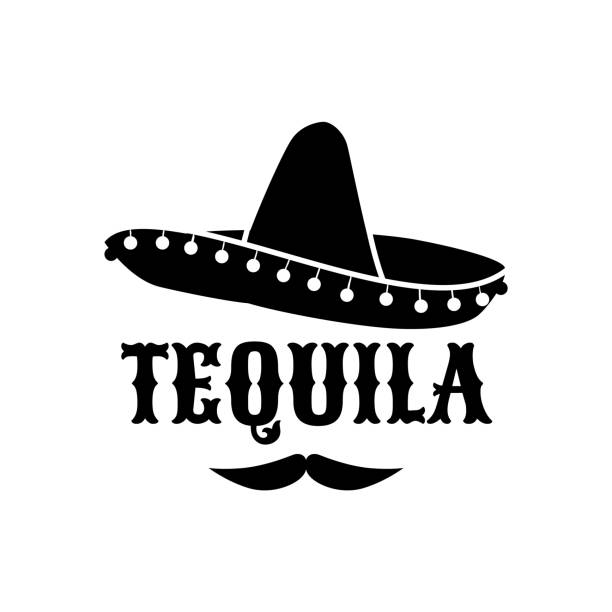
Señor*ita, to visit this site, you must be at least 18 years old.
Are you?

Señor*ita, to visit this site, you must be at least 18 years old.
Are you?

Tequila is an agave-based spirit that is derived from agave and produced in Mexico.
Essentially, there are five different types of tequila. The main three types are reposado, blanco, and añejo.
First, the agave needs to be harvested, removing the leaves from the piña bulb.
Next, the piña needs to be baked so that the sugars can be extracted.
Once the piña has been baked properly, it is time to shred it and extract the juice, called mosoto, from the bulb.
To turn the mosoto into a spirit, it has to go through the fermentation process for anywhere from 3-12 days.
After the mosoto has fermented, it needs to be distilled, which purifies the liquid and creates a higher alcohol concentration.
The length of the aging process varies based on the type of tequila being created, however, the minimum is 2-3 weeks.
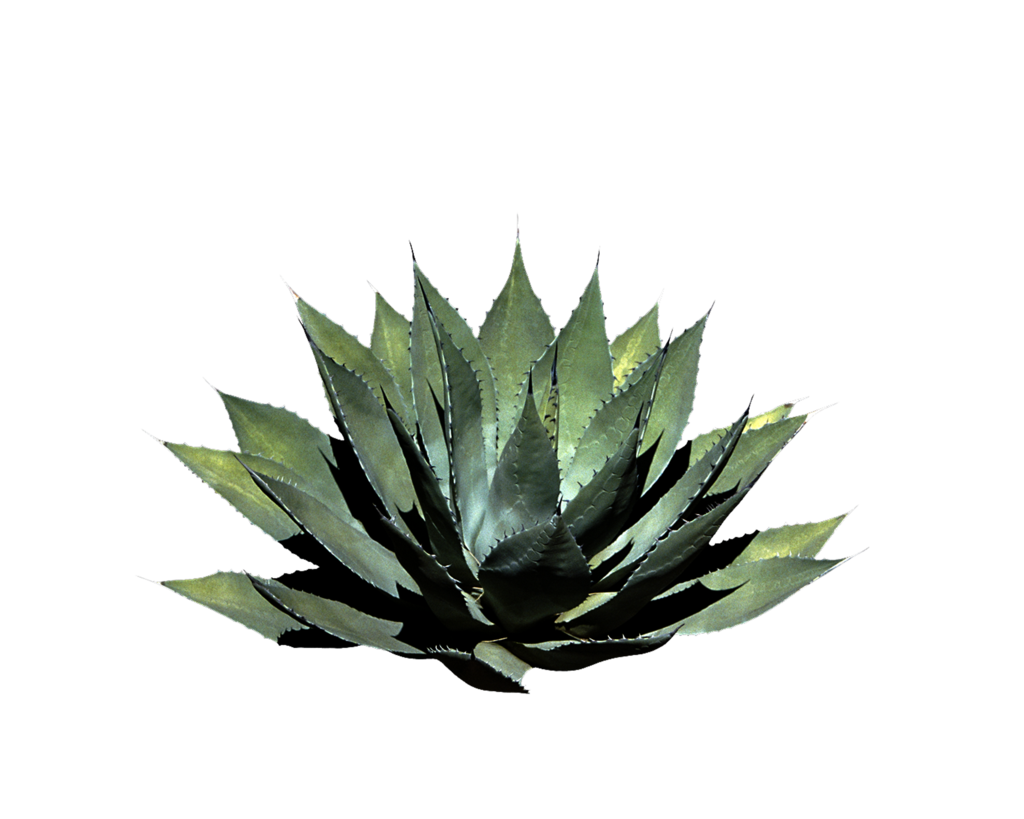

A drink similar to tequila likely originated around 1000 B.C.
among the Olmec people in what is now Southeastern Mexico.
This is known as pulque and is made from agave,
the same plant that is used to distill as the liquor we know today.
The process of fermenting agave results in a viscous,
milky liquid with a sour taste and hints of yeast.
The Olmecs and later the Aztecs used this drink in religious rituals.
It wasn’t until the Spanish invaded that the drink became more similar to what we know today.
The Spanish distilled the agave
plant with the same technique they used to distill wine into brandy.
This created the first official mezcals, which is a category that
includes any liquor distilled from the agave.
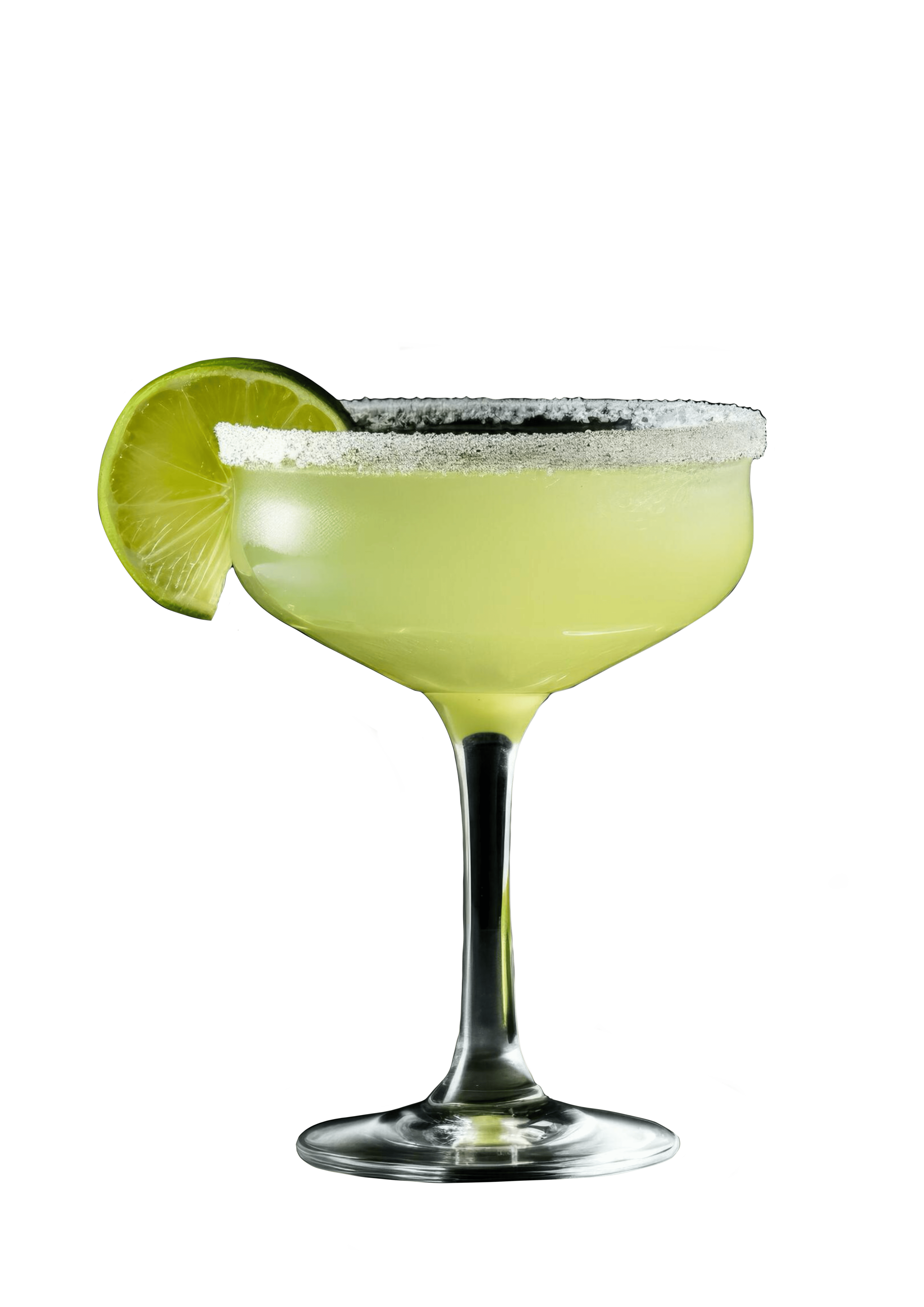
Traditionally consists of three ingredients; tequila, triple sec orange liqueur and lime juice, served in a glass with salt on the rim.
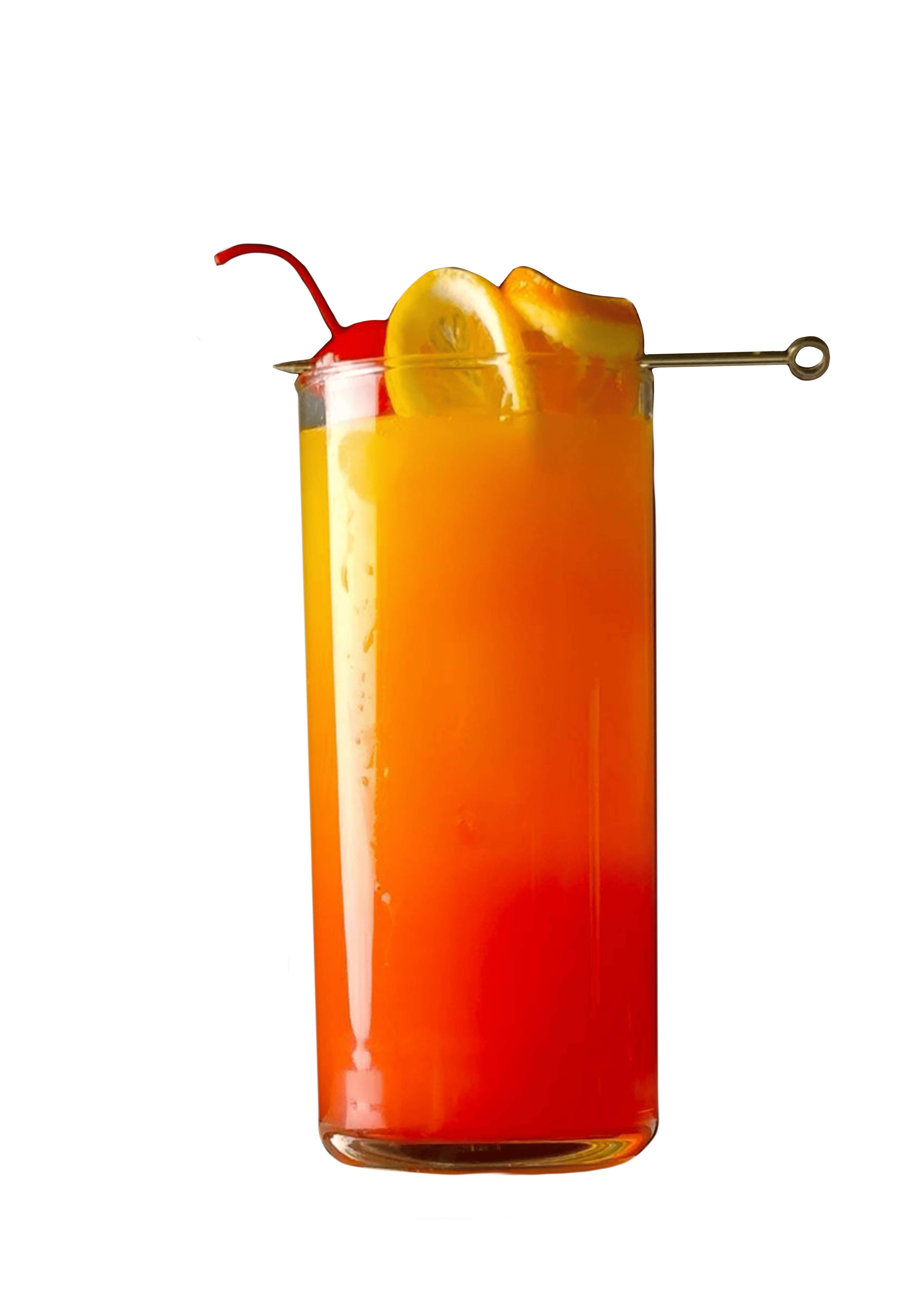
A cocktail made of tequila, orange juice, and grenadine syrup. Served unmixed in a tall glass.
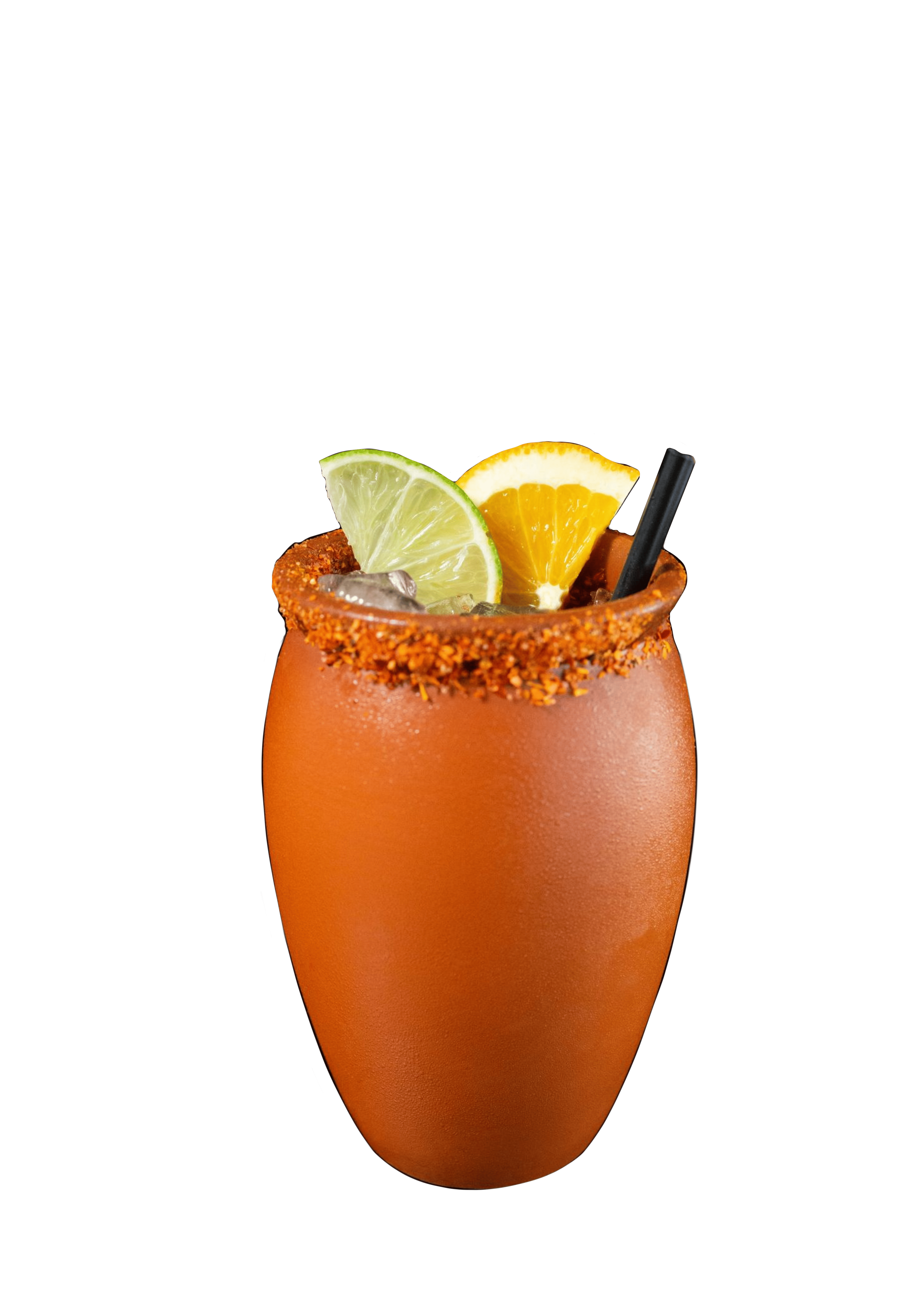
A tequila-based highball cocktail, with more ingredients: orange juice, lemon juice, and lime juice.
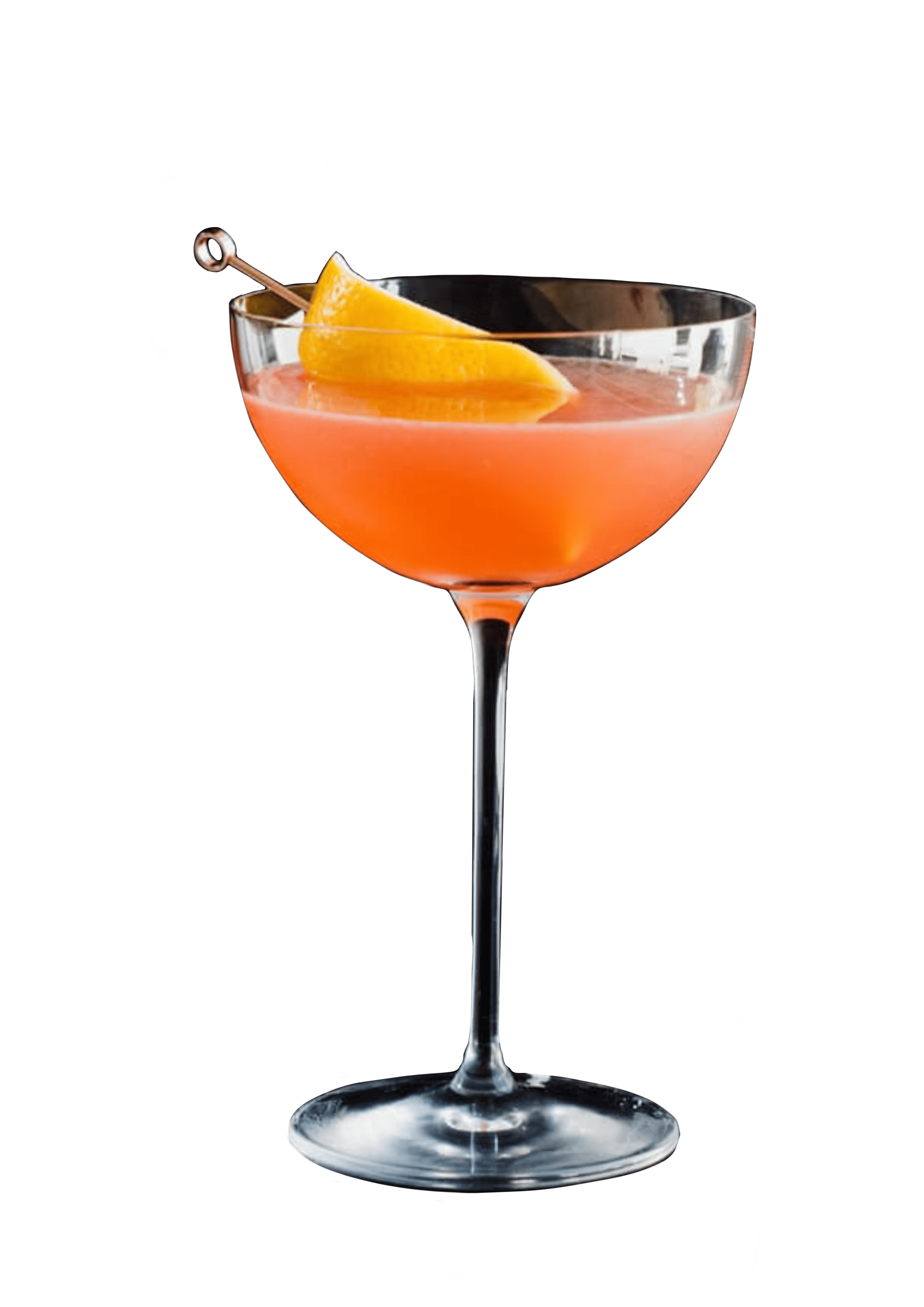
A modern cocktail made with tequila, Campari, grapefruit juice, and lime juice.
